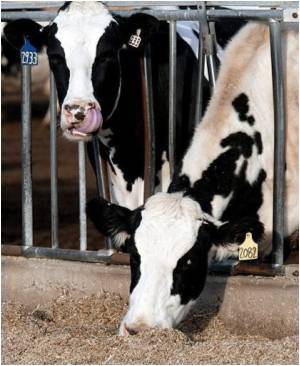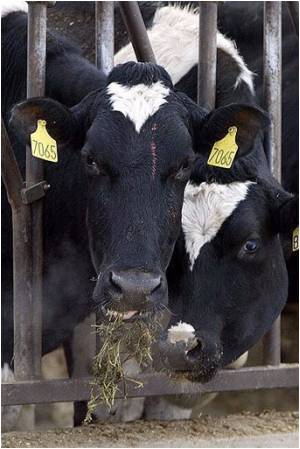
The fatal neurodegenerative disease was first identified in 1996 in Britain, where many were exposed to beef infected with the prion that causes bovine spongiform encephalopathy (BSE), as mad-cow disease is formally known.
The toll from vCJD is unclear because of unknowns about the prion's incubation period. As a result, health watchdogs -- especially in Britain, the epicentre of the scare -- are having to wrestle with many uncertainties, including the safety of blood donations.
Lacking a test for vCJD prions, they have had to resort to expensive methods such as filtering blood or importing plasma from countries such as the United States, where the BSE problem was minimal.
In the experiment, researchers led by Professor John Collinge of University College London tested 190 blood samples, taken from 21 patients with vCJD, 27 with classic CJD, 42 with other neurological diseases and 100 people who were otherwise healthy.
The prion test spotted 15 out of the 21 samples with vCJD, giving a sensitivity of 71.4 percent. There were no "false positives," a term that means the test did not wrongly say a non-vCJD sample had the prion.
Advertisement
BSE and vCJD wreak massive damage to the brain, causing sponge-like holes in tissue.
Advertisement
Source-AFP










